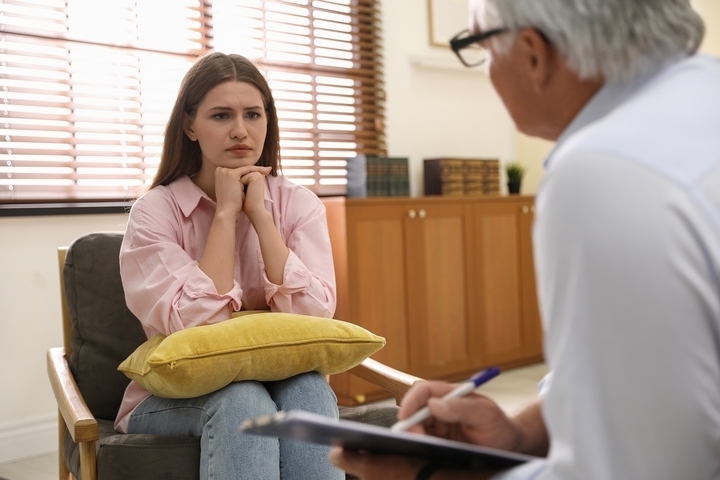5 Different Types of Counselling and How They Work
Counselling is talk therapy, where a person or persons meet with a trained professional to talk about problems and issues in their life with the goal of mental peace and resolution. Life comes with many struggles, and they easily stack up to a point where it can be overwhelming. Working with a counsellor helps to deal with emotional and psychological problems that negatively affect our day-to-day life.
Depending on what you are dealing with, specialized councillors are trained to help. Through that training, they fine-tune their abilities and skill set and have many tools to aid their client’s well-being.
What types of counselling are available out there? Let’s have a look at what is out there.
Type #1: Online Counselling
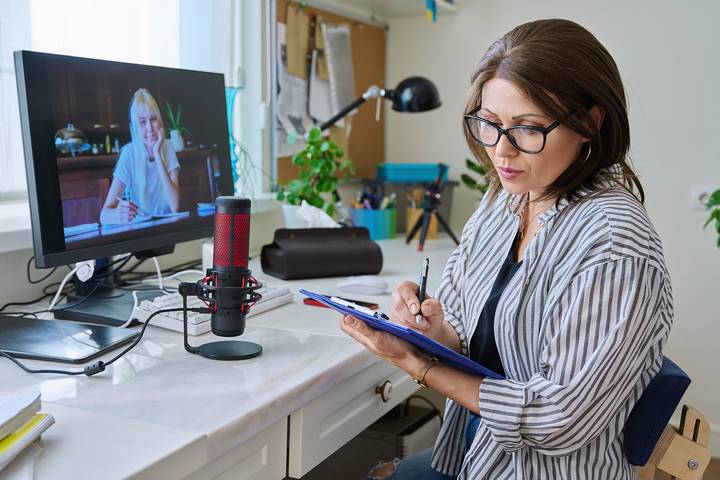
The world is changing through global pandemics and the web connection, and we can be anywhere virtually with a high-speed connection and a digital device. This has opened up an easier path for people to seek a counsellor and get help with their problems.
Online counselling is a setting that can be more comfortable for people than a traditional office visit and opens access through various online connections, including text, video, email and mobile apps.
Typically the counselling visit is through audio and/or video, so there is a live connection to conduct the session, and it is a natural evolution to therapy. Many people like to use this telepsychology service because it is:
- Convenient: Online therapy takes less time away from your life because you don’t need to drive to an office. You just connect online for your appointment.
- Better Access: Some people have mobility issues and can’t easily travel to an appointment. This gives them easier Access to access the help that they need.
- Comfortable: Some people are more used to using technology rather than the person to person contact, so online counselling meets them where they are comfortable and open.
- Less Expensive: Often, an online appointment is less expensive than a traditional office appointment. Some apps have advertised prices for multiple sessions or monthly fees.
One thing is for sure; we all can you a little help and encouragement. If you are experiencing any struggles in life, it is important to speak with a trained counsellor to resolve your issues. Life should be lived to its fullest, so seek help when needed and release your burdens to realize all your potential.
Type #2: Individual Counselling

This is a one-on-one setting and the most common type of counselling. In this arrangement, clients meet with their councillor, usually regularly, and they are given focused care. Different techniques are used to find out and work through personal hardships in people’s lives to overcome:
- Fears
- Trauma
- Anxiety
- Depression
- Self-acceptance issues
- Personally disorders
- Mood disorders
- Personal development roadblocks
Having the full attention of a councillor is vital for healing and growth.
Type #3: Couple’s Counselling
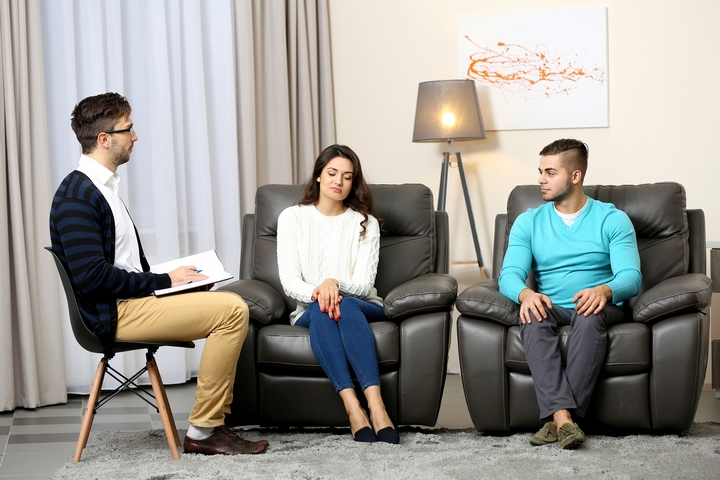
Couples who are having problems often seek counselling to face issues and restore their relationship. There may be a variety of issues they are facing, and instead of going their separate ways, they want to find a way back to each other and resolve conflicts.
A couple’s counsellor will work with both parties to open up communication and gain insight through conversation between them, the couple, and the individuals themselves. Different issues include addictions, jealousy, sexual difficulties, financial burdens, infidelity, and even falling out of love. If it is a safe environment, the goal is to resolve the conflict and improve the relationship through active participation and change-oriented interventions.
Type #4: Family Counselling
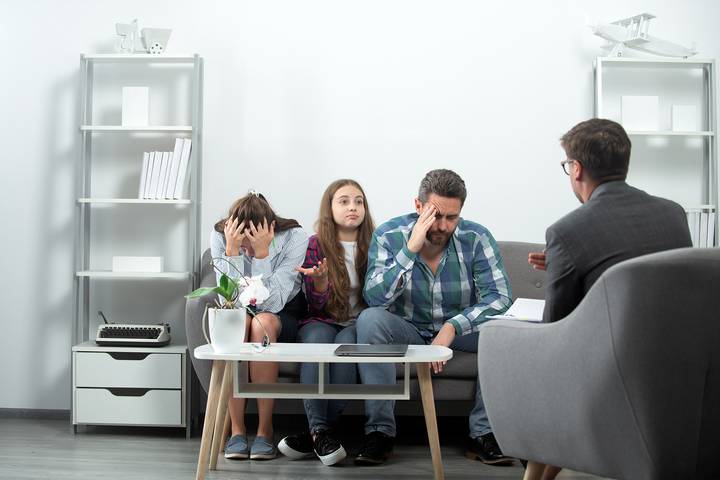
Similar to couple’s counselling, this involves some or all family members. Many disruptive dynamics can splinter a family, and a councillor is there to wade through the muddy waters of conflict and emotion.
Sometimes it is helpful for children dealing with divorce or the need to address unhealthy habits of parents or children. Family therapy brings members together to understand each other better and work through difficult situations in the family dynamic. A counsellor may:
- Ask each family member to talk about their experiences
- Help individuals understand how their actions and words affect members
- Stop the blame game and encourage everyone to work together.
- Voice everyone’s personal beliefs, goals, values and needs.
Bringing a family together allows for all voices to be heard equally in a safe setting without judgment.
Type #5: Group Counselling
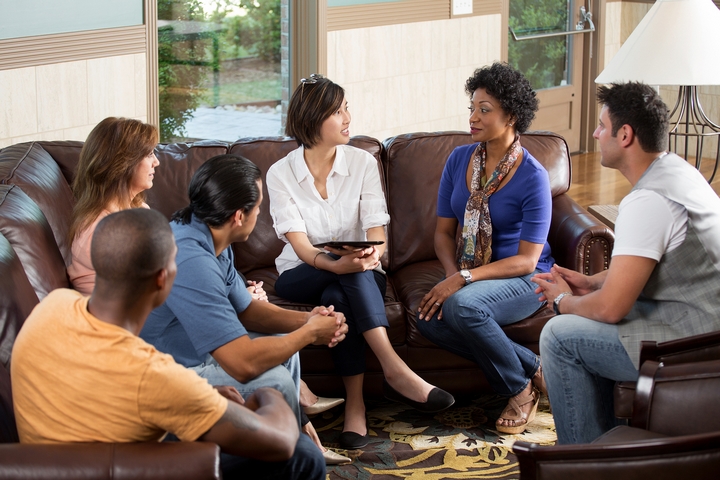
Group counselling brings a collection of people together that may share a common struggle. Many people have problems and think their issues are unique, and they don’t have an outlet to vent or hear others who face the same things.
A therapist works with the group and guides the conversation so members interact and share experiences. They get to discuss issues that are of concern to them and can give feedback to others and show support. Benefits include:
- Increased social skills
- A supportive environment
- A wide range of perspectives
- Building healthy relationships
- Learning from peers
A councillor knows the benefits of a group setting and uses this to promote more adaptive ways of coping with common problems the group faces while giving them the skills to overcome and succeed.

